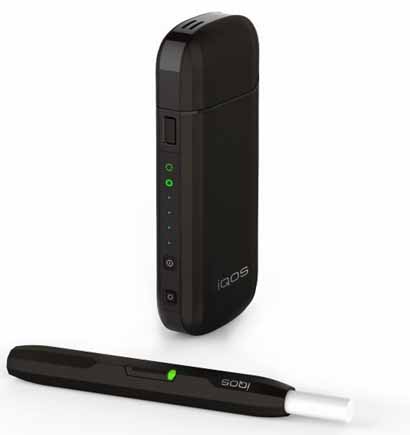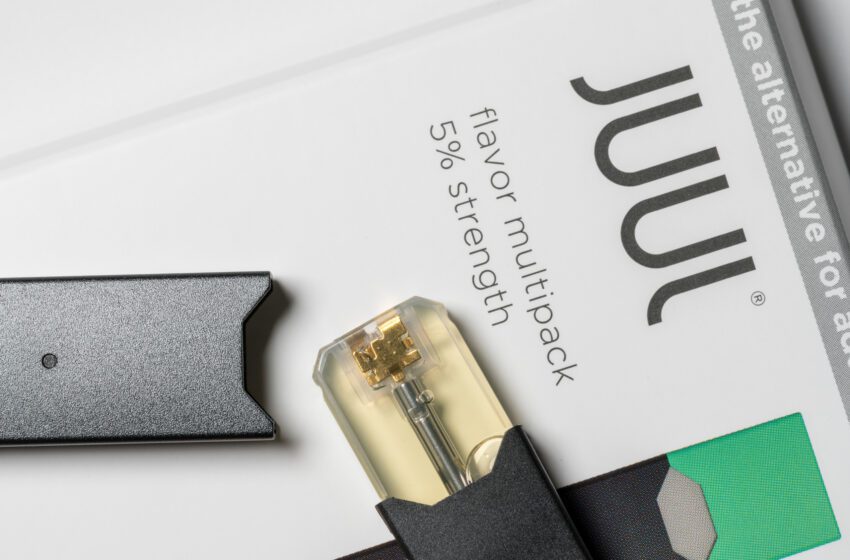Australia appears unlikely to follow in the footsteps of the United States in authorizing the sale of nicotine vaping products, with both sides of politics standing firm against the idea, according to an article in the Canberra Times.
The United States Food and Drug Administration on Tuesday said it would permit cigarette company Philip Morris to sell its IQOS tobacco heating system in the US.
The agency said the step was appropriate for the protection of public health, because it produces fewer or lower levels of some toxins than combustible cigarettes, the article states.
But Australian Health Minister Greg Hunt says he doesn’t agree with the approach, noting some US authorities have spoken of an “epidemic” of vaping among young people in the US.
Currently there is no approval for any Australian retailer to sell vaping products containing nicotine, and import is illegal unless approved by the Therapeutic Goods Administration as part of a smoking cessation programme
Nevertheless they are easily obtainable for personal use online.
“What has occurred, I think, is a public health disaster, and that is not something that on my watch I’m willing to countenance,” he told the National Press Club on Thursday.
He stressed the tobacco industry is backing the vaping push.
“It is far more a case of being a ramp on, rather than a pathway off smoking.
“So no, that’s not what I’m proposing, on my time, on my watch, so long as I’m in this role.”
Labor health spokeswoman Catherine King commended her coalition rival for his stance, according to the article.
Tobacco advocates see vaping as another way to expand their market and have been walking the corridors of parliament to spruik it, she said.
“We’re going to resist that. It’s not something Australia should countenance.”









